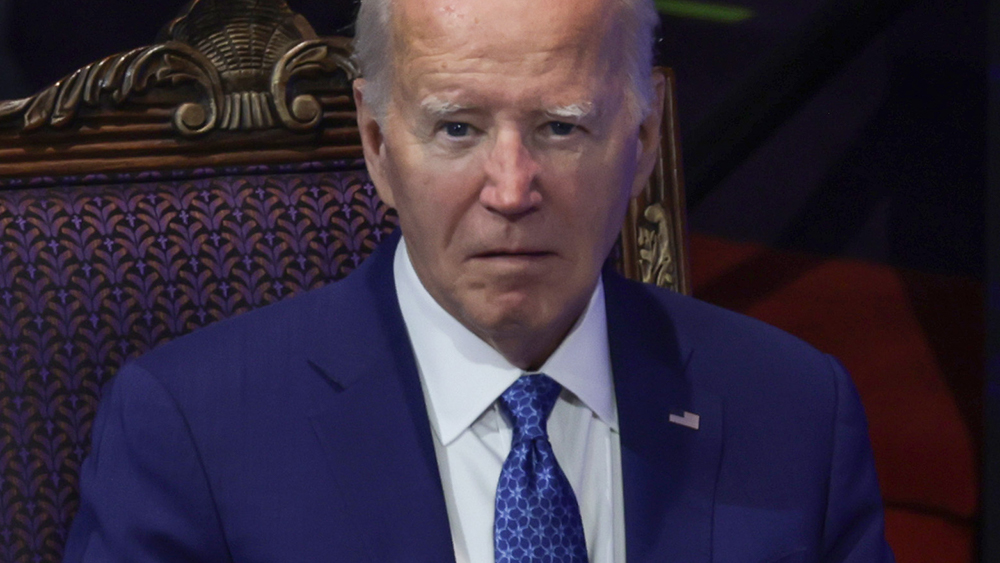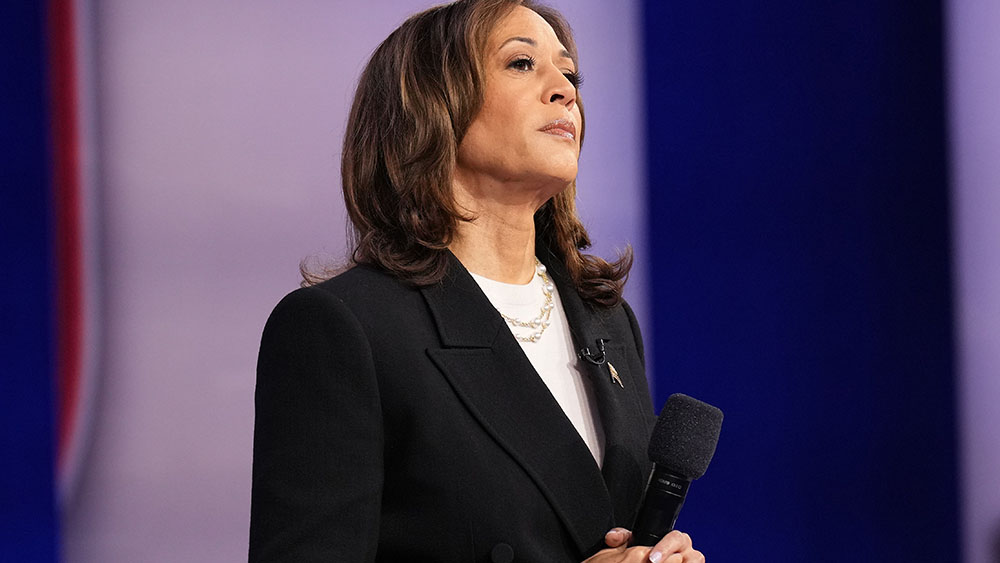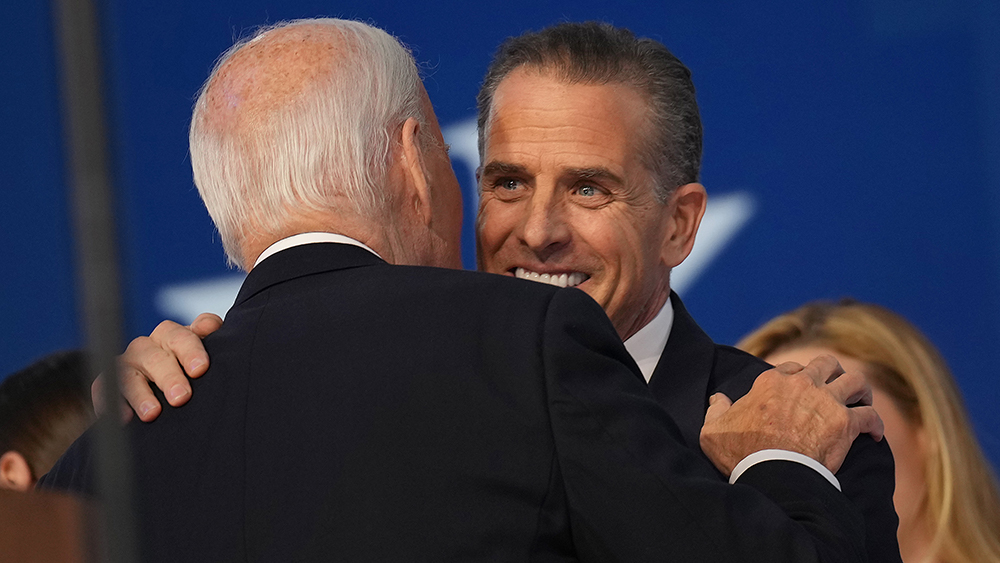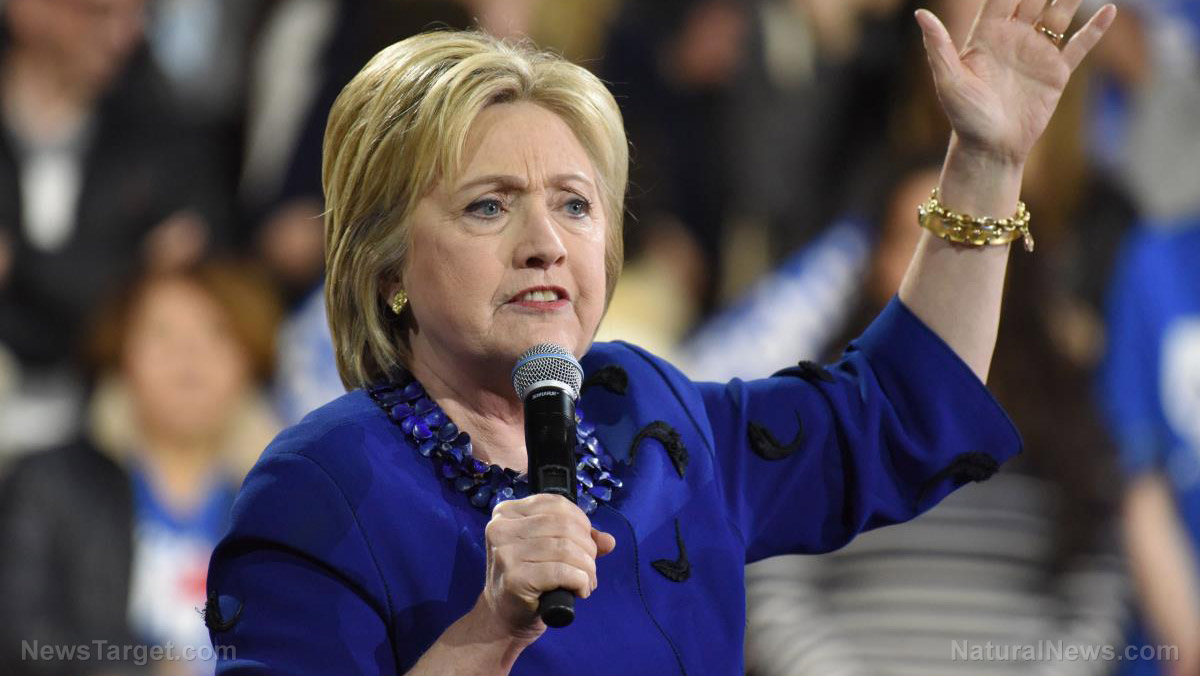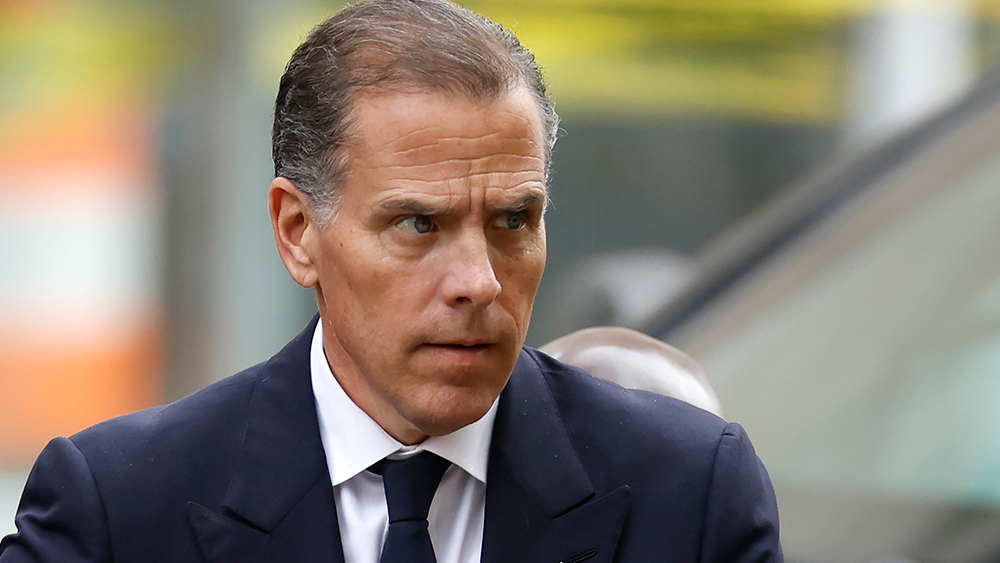REPORT: Tariffs during Trump’s first term would help U.S. decouple from China
11/27/2024 / By Laura Harris

A report from the National Pulse has revealed that the enactment of tariffs during the first term of President-elect Donald Trump is now helping the United States decouple from its imbalanced trade relationship with China.
During Trump’s first term, he imposed 10 percent tariffs on Chinese aluminum, 30 percent on solar panels and electric vehicles and 25 percent on steel and other goods. These tariffs, largely maintained by outgoing President Joe Biden, are now driving a decoupling of the two economies, with China’s share of U.S. imports plummeting.
According to the article of William Upton for the National Pulse, China accounted for just over 21 percent of all U.S. imports when the tariffs were first implemented in 2018. However, the figure has now dropped to under 14 percent in 2023, five years after the implementation.
By contrast, neighboring Mexico and Canada have seen modest growth in their shares of U.S. imports in those same years. Mexico’s share has risen to nearly 16 percent, up from around 12 percent in 2014, while Canada has rebounded to nearly 14 percent, now on par with China.
This shift signals a growing push for economic self-reliance in the United States. The policies, coupled with growing geopolitical tensions, are influencing American industries to reduce dependency on Chinese manufacturing and supply chains. (Related: Trump vows to implement new tax incentives that would boost U.S. auto-manufacturing industry.)
Trump to intensify tariffs for Mexico, Canada and China in his second term
And now that Trump is coming back for his second term, he has vowed to intensify the new wave of tariffs targeting Mexican, Canadian and Chinese goods.
In his post on his Truth Social platform on Nov. 26, Trump tied the tariffs to his long-standing grievances about immigration and drug trafficking. He accused Mexico, Canada and China of failing to curb the flow of illegal immigrants and drugs into the U.S., so he promised to impose a 25 percent tariff on all Mexican and Canadian products as well as an additional 10 percent tariff on all Chinese products coming into the United States.
“This tariff will remain in effect until such time as Drugs, in particular Fentanyl, and all Illegal Aliens stop this Invasion of our Country,” Trump wrote in one of his posts on Truth Social.
Analysts warned that these tariff proposals could destabilize the global supply chain and exacerbate inflation in the United States. However, Trump argued that these are a cornerstone of his administration’s economic agenda. Trump believes the tariffs will rejuvenate domestic industries by creating more factory jobs, shrinking the federal deficit, lowering food prices and allowing the government to subsidize childcare. Additionally, Trump thinks that higher import duties will compel foreign companies to relocate production to the U.S. to avoid the tariffs.
Beyond economic goals, Trump also views tariffs as a tool to combat illegal immigration and drug smuggling, particularly fentanyl. He has linked the proposed measures to stemming the flow of illicit substances from Mexico and Canada.
Read the latest news about President-elect Donald Trump at Trump.news.
Watch the video below about Trump’s tax cuts when he was still president five years ago.
This video is from the NewsClips channel on Brighteon.com.
More related stories:
Walmart CFO warns customers of potential price increases if Trump implements new tariff plans.
Rep. Massie: Trump has proposed eliminating the income tax and replacing it with tariffs.
Americans are much worse off financially under Biden compared to Trump, survey reveals.
ESCAPE FROM NY: Rigged Trump trial will devastate NY real estate and commercial investment sector.
BREAKING: Trump promises to stop taxing tips.
Sources include:
Submit a correction >>
Tagged Under:
2024 election, big government, bubble, China, decoupling, Donald Trump, economic riot, economics, economy, finance, finance riot, income tax, money supply, politics, progress, risk, supply chain, tariff hikes, tariffs, tax cuts, Taxes, trade, trade war
This article may contain statements that reflect the opinion of the author
RECENT NEWS & ARTICLES
COPYRIGHT © 2017 WHITE HOUSE NEWS


